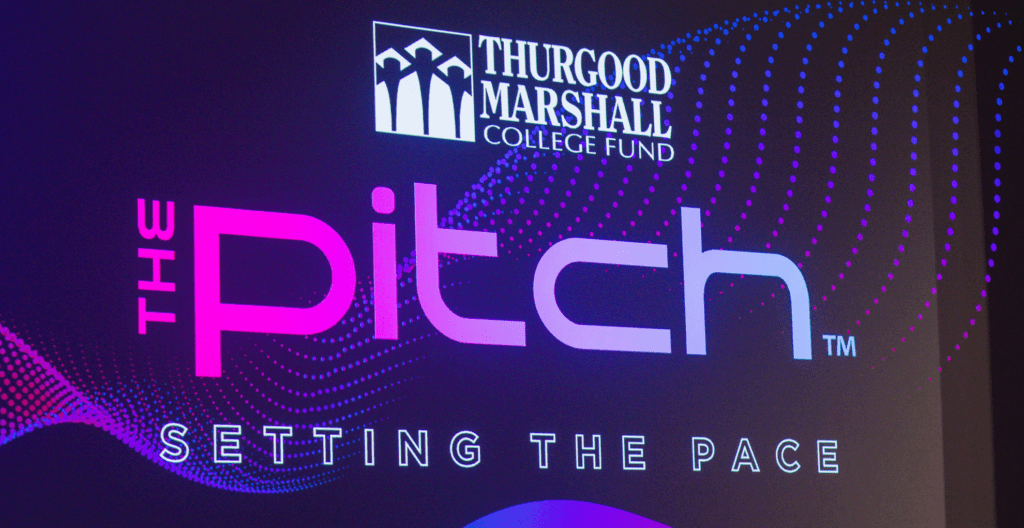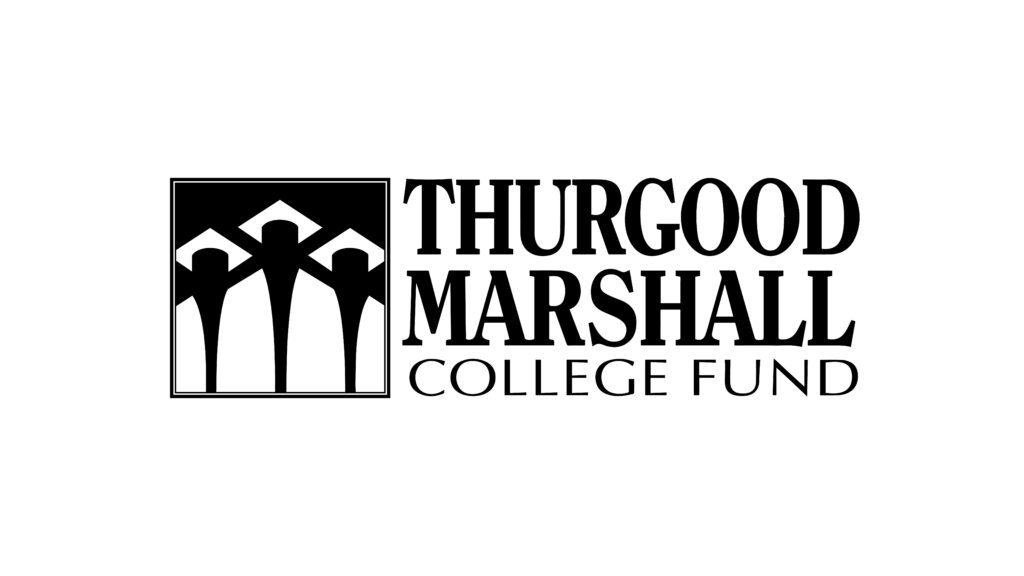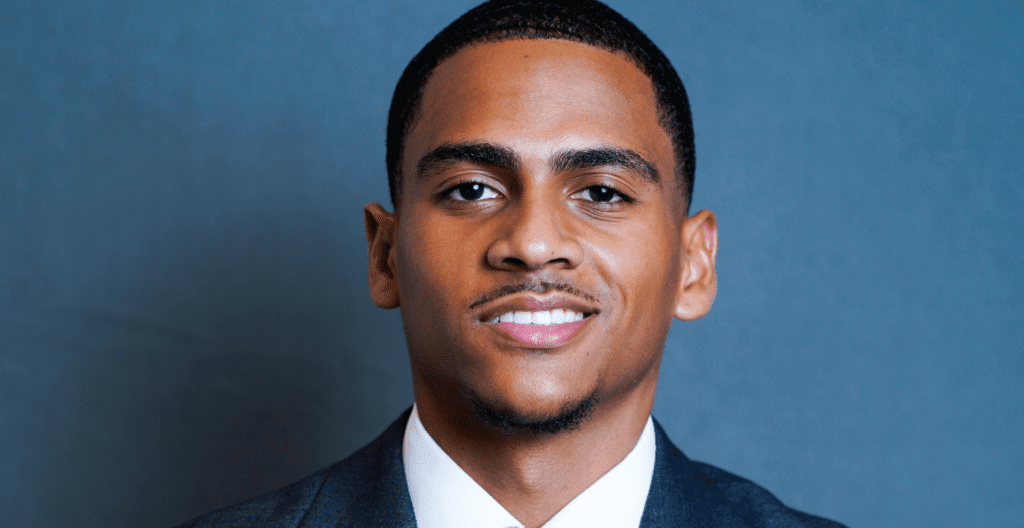Historically black universities had cemented their place at the epicenter of black American life, but things began to change with a new era of school integration.
Nestled 45 minutes outside Philadelphia, the Cheyney University campus looks like any number of small colleges that dot the rural Northeast: rolling lawns, stately gray brick dorm halls and an architectural hodgepodge of classroom buildings old and new, each a testament to Cheyney’s 183-year history.
But Cheyney University isn’t just any run-of-the-mill Northeastern college. Cheyney is the country’s oldest historically black college or university.
HBCUs, a common acronym for the institutions, is a crucial albeit often overlooked part of our country’s history. Some, like Cheyney, were founded before the Civil War. But the vast majority of HBCUs were founded after the war’s end to educate the millions of freed African-Americans.
The years following the Civil War saw the founding of some our country’s most prestigious HBCUs, including Howard University in Washington, D.C. (1867), Fisk University in Nashville, Tennessee (1866), and Morehouse College in Atlanta, Georgia (1867).
By the early 20th century, HBCUs had cemented their place at the epicenter of black American life, having produced many of our country’s most esteemed black leaders, scholars, politicians and artists.
But things began to change for HBCUs in 1954 when the Brown v. Board of Education decision ushered in a new era of school integration. HBCUs, once the only option for black students, began competing with predominantly white universities to attract top black talent. The decades that followed took their toll.
“HBCUs produced so many talented, high achieving, not just professionals, but scholars, that over time they now go anywhere,” said Ron Stodghill, an associate professor at the University of Missouri and author of Where Everybody Looks like Me: At The Crossroads of America’s Black Colleges and Culture. “It’s kind of an irony that HBCUs are almost a victim of their own success.”
Today, the survival of many of America’s historically black colleges and universities is in jeopardy.
Schools like Bennett College in Greensboro, North Carolina, are beset with financial woes and plunging enrollment that threaten their accreditation, while schools like Morris Brown College outside Atlanta have already had their accreditations pulled.
HBCUs produced so many talented, high achieving, not just professionals, but scholars, that over time they now go anywhere. It’s kind of an irony that HBCUs are almost a victim of their own success.
Ron Stodghill, an associate professor at the University of Missouri
Perhaps nowhere is the present state of America’s smaller HBCUs more clear than at Cheyney University.
Enrollment at Cheyney has dropped 38 percent since last year, and the school has been struggling to keep its accreditation with Pennsylvania’s State System of Higher Education (PASSHE).
It was against this backdrop that Aaron Walton assumed the role of university president in 2017, making him Cheyney’s fourth president in 10 years.
Walton, a veteran businessman who also served on the board of governors of PASSHE, was initially alarmed at the fractured state of the university.
“Even though I had been on the board for a number of years, until you actually are resident in a place you can’t tell the depth of issues that an organization has,” Walton said.
Leaning into his private-sector experience, Walton began making changes. He eliminated jobs, reorganized academic departments and discontinued the school’s popular football program.
“Some of the decisions that have had to be made are very difficult and very painful to a lot of people including myself,” said Walton. “I don’t relish disrupting people’s lives. But I also know changing the business model is not change, it’s transformation.”
While still acknowledging the tough road ahead, Walton believes that Cheyney’s transformation is imminent. He says enrollment is up for the coming year, and the school recently unveiled programs, including a partnership with Starbucks and Thomas Jefferson University, aimed at attracting competitive students from around the world.
Nina-Simone Beaver, a senior in Cheyney’s Keystone Honors Academy program, was cautiously optimistic about the future of Cheyney, likening the school to a 183-year-old tree.
“With time, 183 years, there becomes old branches,” said Beaver. “But I will say, you have to be careful because even though you want this tree to grow, you can’t cut it down so much and hinder the roots.”
By Isaac Himmelman of the HuffPost



